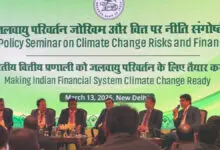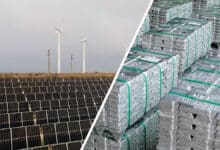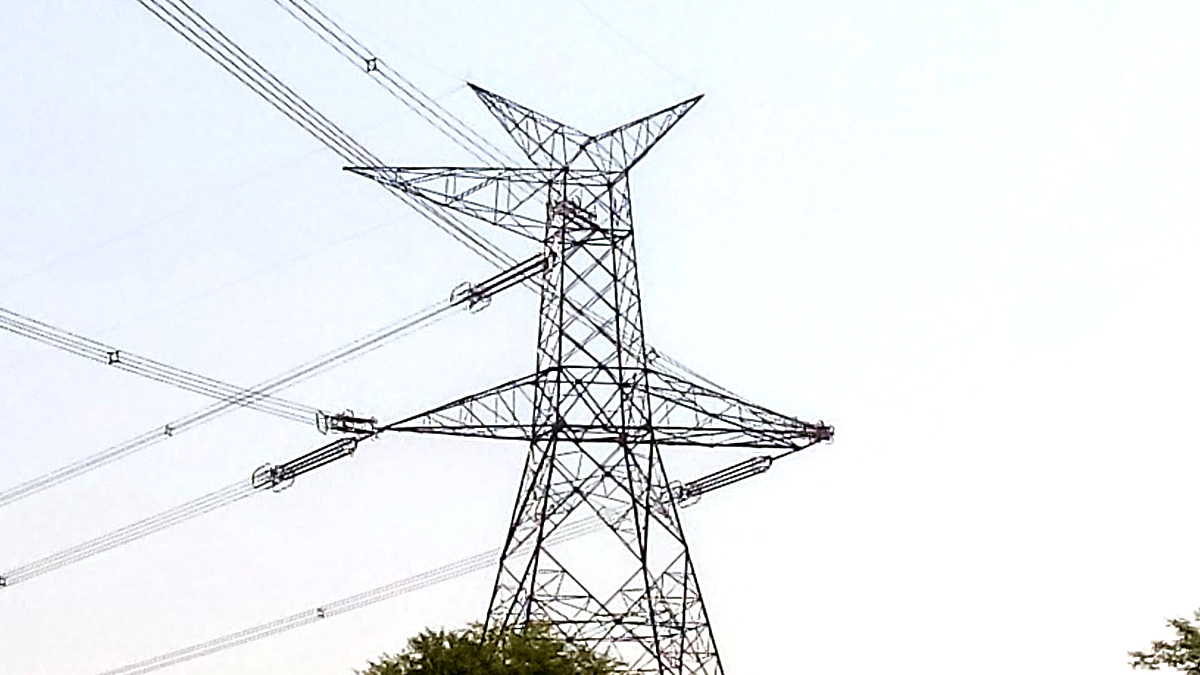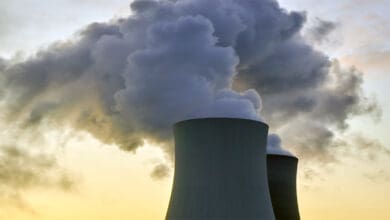Asserting that reforms in the regulatory and process framework have significantly improved the outlook towards the power sector, Prime Minister Narendra Modi said the Centre is working to remove problems in the distribution sector and a policy and regulatory framework for DISCOMs is in the offing. Consumers should be able to choose their supplier according to performance like any other retail commodity, he said at a webinar for consultation towards effective implementation of the Union Budget provisions in the power and renewable energy sector, the Prime Minister’s Office (PM) said in a statement.
Modi said the government treats power as a separate sector and not as part of the industry sector, while adding that the Centre’s approach towards it has been holistic and guided by the four mantras of reach, reinforce, reform and renewable energy. He noted that the renewable energy capacity of the country has been enhanced by two-and-a-half times in the last six years and the solar energy capacity by 15 times.
“This year’s budget has shown unprecedented commitment towards investment in infrastructure. This is evident in mission hydrogen, domestic manufacturing of solar cells and massive capital infusion in the renewable energy sector,” Modi said.
Referring to the PLI (performance-linked incentive) scheme, he said high-efficiency solar PV modules are now part of it and the government is committed to investing Rs 4,500 crore in this. Modi hoped for a massive response to the scheme. Under the PLI scheme, integrated solar PV manufacturing plants with a capacity of 10,000 MW will be operationalised with an estimated investment of Rs 14,000 crore.
This is likely to increase demand for locally produced materials such as EVA, solar glass, back sheet and junction box. “We want to see our companies to become global manufacturing champions, not just to fulfil local demands,” the prime minister said.
The government has indicated its commitment of additional capital infusion worth Rs 1,000 crore in the Solar Energy Corporation of India to promote investments in the renewable energy sector. Similarly, the Indian Renewable Energy Development Agency (IREDA) will get additional investments worth Rs 1,500 crore. This will enable the Solar Energy Corporation of India to invest in innovative projects worth Rs 17,000 crore, Modi said.
The investment in the IREDA will lead to additional loans of Rs 12,000 crore by the agency. This will be over and above the IREDA’s current loan-giving capacity of Rs 27,000 crore. Stakeholders and experts of the power sector, representatives of industries and associations, MDs of DISCOMs, CEOs of state nodal agencies for renewable energy and consumer groups attended the webinar.
Modi noted that the energy sector plays a big role in the country’s progress and said the webinar is an indication of trust between the government and the private sector and an attempt to find ways for a quick implementation of the budget announcements for the sector.
The government is focussed on reaching every village and every household, and India has become a power-surplus country from a power-deficit country, he said. In recent years, the country has added 139 gigawatts capacity and reached the goal of one nation-one grid-one frequency, prime minister pointed out.
Reforms like the UDAY scheme with the issuance of bonds worth Rs 2.32 lakh crore were undertaken to improve financial and operational efficiencies, he said, adding, “For monetising the assets of the Powergrid, Infrastructure Investment Trust — InvIT was established, which will soon be open for investors.”
Modi said work is on to make the distribution sector free of entry barriers and licensing for distribution and supply. Efforts are underway for prepaid smart metres, feeder separation and system upgradation. Under the PM KUSUM scheme, farmers are becoming energy entrepreneurs and the goal is to create 30-GW solar capacity through small plants in their fields. Already, 4-GW solar capacity is installed through rooftop solar projects and 2.5 GW will be added soon. In the next one-and-a-half years, 40-GW solar power is aimed through rooftop solar projects, the prime minister said.













